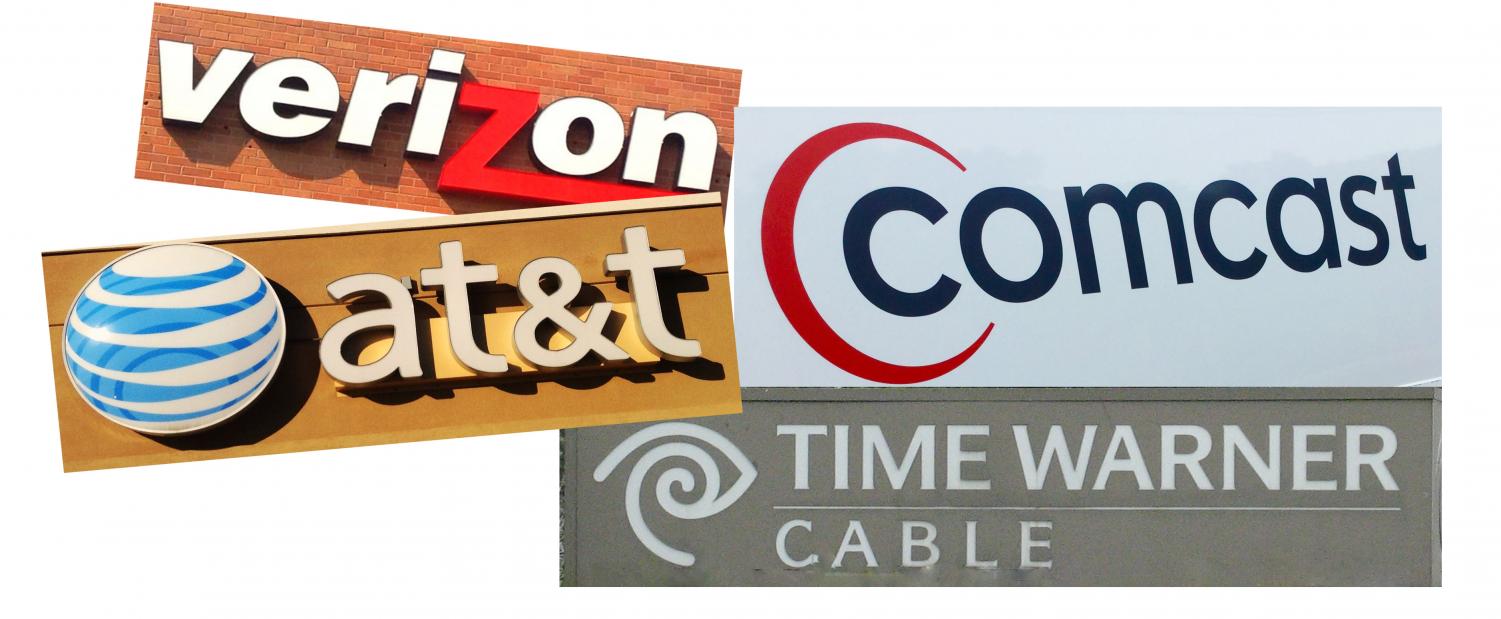
Net neutrality laws only protect users if they exist
December 15, 2017
For several decades, the Internet has provided people with access to information and services that previous generations would have once imagined in the realm of science fiction. Originally, only governments had use of it, but today, more than 3 billion people around the world use the Internet daily in every type of socio-economic setting possible. It has allowed people to learn about the world more than ever before.
However, this could all change in the next month due to threats against a lesser-known policy called “net neutrality”: the idea that all internet companies must treat the internet equally. It prohibits companies from slowing Internet speeds (throttling) based on how much people are paying for telecommunications.
In simple terms, it keeps the Internet fair.
Net neutrality has been the law of the land for most West Essex students’ entire lives, but the Federal Communications Commision (FCC), now plans to change that. Chairman Ajit Pai, appointed by President Donald Trump, has announced a plan to repeal a 2015 rule that made net neutrality a law. The 2015 ruling made it a crime to throttle Internet speeds or introduce tiered pricing for the Internet. This became necessary after companies began to strip Internet users of their rights.
The Comcast Corporation was found guilty of throttling internet speeds for some people, making it harder to access webpages. The FCC intervened and decided that a law was needed to regulate internet service providers (ISPs). Therefore, the government found it necessary to implement a law prohibiting throttling. But this could all change should the vote to repeal it pass. The vote was expected to pass in a 3-2 margin, as many large corporations have voiced their support for the repeal.
If repealed, the Internet would be placed directly in the hands of Internet and TV providers who could do whatever they want with it. After the announcement, Chairman Ajit Pai issued the statement, “A comprehensive review of the rule is warranted in light of considerable marketplace changes, such as technological developments and increased video programming options for consumers, since the cap was last modified in 2004.”
One likely outcome would be the introduction of tiered pricing for access to many different websites.
Internet providers such as Cablevision could force users who wanted to access specific services such as YouTube to pay more for access by upgrading to a “better,” more expensive plan. Furthermore, companies would be able to slow Internet speeds whenever they want.
For example, in the U.K., several ISPs like Andrew and Arnold have censored information. They would be able to filter information wherever it goes including negative content about their companies and political content they deem “inappropriate.” Furthermore, information would be limited to customers who can afford it, while it would be limited for the poor.
Unfortunately, the average person does not know what net neutrality is. Therefore, the vote will most likely pass. So why does this matter so much if the vote might pass no matter what? The vote is only a repeal, so it becomes the company’s prerogative to introduce their plans for
the Internet.
The bottom line is that the only ones hurt are the companies themselves, so if more people know of net neutrality and show outrage it could deter them. Companies are relying on the fact that people don’t know or care (yet) about the issue. Many smaller companies that thrive on free Internet, like Reddit, have already taken to trying to stop larger companies from destroying the Internet’s freedom through protests. In one week, it was reported that the FCC received thousands of calls and emails about the repeal.
So, while the vote will most likely pass, the Internet war is far from over. Critics say: it is merely beginning.

